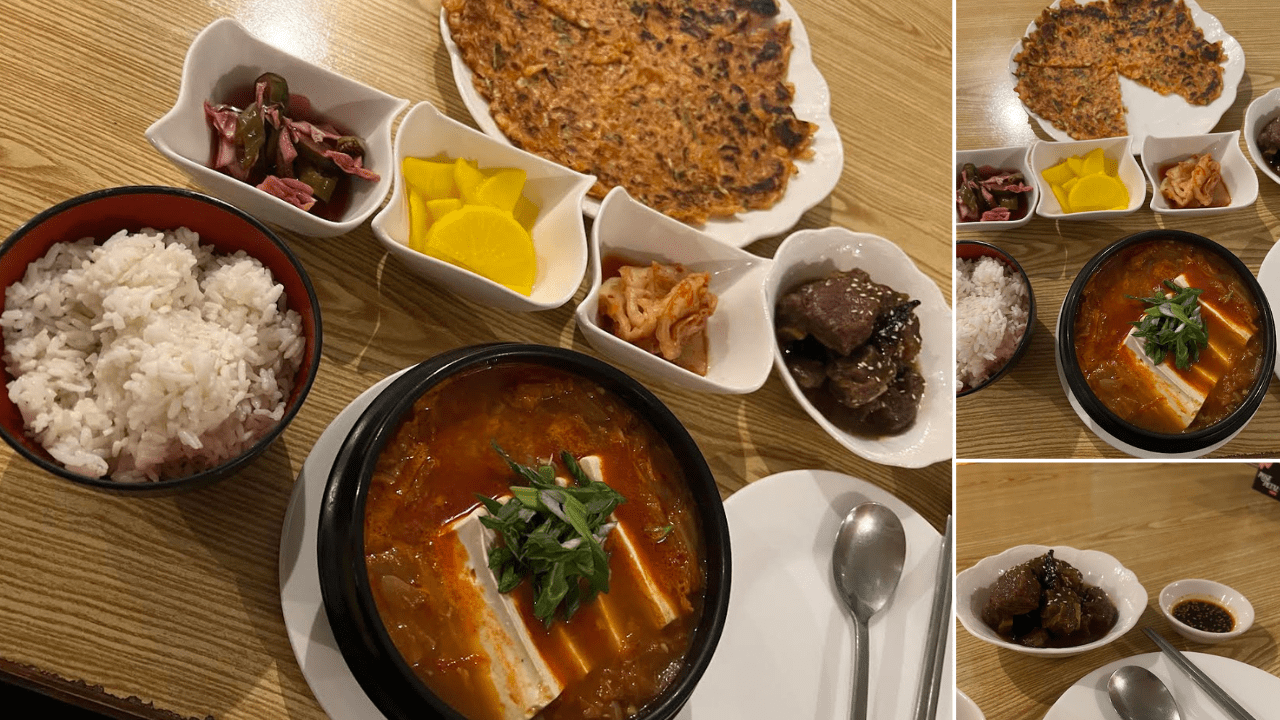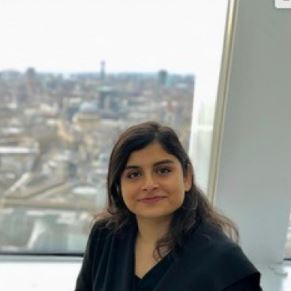Tucked away in the vibrant city of Lahore is a place where Korean hospitality find home in the rich cultural tapestry of Pakistan.
In 2005, Mr. Chang and his wife, Mrs. Kang, made the life-changing decision to leave their home in Seoul and move to Pakistan to pursue new business opportunities. Like many expatriates, they brought with them not only their hopes and ambitions, but also a deep desire to preserve and share their cultural roots in a new and unfamiliar land.
What started as a simple guest house for Korean visitors eventually blossomed into something much more heartfelt. In 2011, driven by her passion for food and a longing to recreate the Flavors of home, Mrs. Kang quietly began what would become Binie House. From the kitchen of the Korean Guest House, she began preparing traditional meals for guests, cooked with the same love and care as she would for family. It was an intimate beginning, rooted in cultural pride.
Over time, what started as a personal initiative grew into a beloved and respected dining experience, celebrated not just by the Korean community in Lahore but by local food lovers.
What sets Binie House apart is its role as a cultural bridge. As the Korean Wave, or Hallyu, continues to captivate Pakistan, Binie House offers more than just food—it provides an immersive cultural experience. Guests are introduced to Korean dining customs, from the communal sharing of dishes to the etiquette of using chopsticks, fostering a deeper appreciation for the culture.
Unlike the rich, spice-forward dishes common in Pakistani cuisine, Korean food relies heavily on subtle seasoning, fermentation, and balance. It is fresh, flavourful, and often takes hours to prepare. According to the Binie House team, “Korean food is very different from Pakistani food. It takes a lot of time to prepare.” This dedication to tradition is exactly what makes the experience at Binie House so special.
At Binie house I tried a couple of dishes from the menu. Every dish burst with authentic flavour made carefully with traditional Korean cooking style.
Galbi-jjim, a beloved beef short ribs dish. The meat was tender accompanied with the savoury and sweet flavours and unquestionably the best meat dish I have ever experienced. Another star of the meal was, Dak-gangJeong, Korean fried chicken with a crunchy exterior and sticky-sweet sauce was an easy eat and had me going back for another serving. I also tried the Kimchi Jeon, a thin Korean pancake packed with vegetable and kimchi a subtle starter to the meal.The texture and compassion closely overlapped and was quite alike a traditional Pakistani “Pakora” or fritter.
For mains I tried the ultimate Korean comfort stew, kimchi jjigae.The light and airy texture of the kimchi jjigae paired with the tangy Kimchi perfectly complemented the hearty dish and felt like a Warm hug in a bowl.
A standout feature was the spread of banchan: small, flavourful side dishes like pickled radish, seasoned spinach, and, of course, house-made kimchi that round out the meal with variety and vibrance.
Binie House operates on a reservation-only basis, with orders and reservations managed through direct messages on Instagram.
For those seeking more than just a meal, but a story, a culture, and a memory, Binie House is a must-visit.
______________________
Read more here:
- Interview With Ali Rehman Malik: Evacuating Afghanistan’s Women Athletes
- Markus Leitner, Switzerland’s Ambassador to the UK, hosts discussion on sustainable finance
- Switzerland’s Embassy celebrates its 10th Anniversary in Oman
- ‘Switzerland Tourism’ wins Digital Innovation of the Year prize at the Digital Economy Award 2024
- Two villages in Switzerland designated Best Tourism Villages 2024 by UN Tourism
- Saudi Arabia gifts 100 Tons of Dates to Pakistan: A Symbol of Solidarity and Friendship
_______________________________________
Ayesha Shakeel is an aspiring international news correspondent, who graduated from City, University of London. She’s previously written for My London, The Vegan Review and also been a part of Geo News Pakistan’s newsroom.





